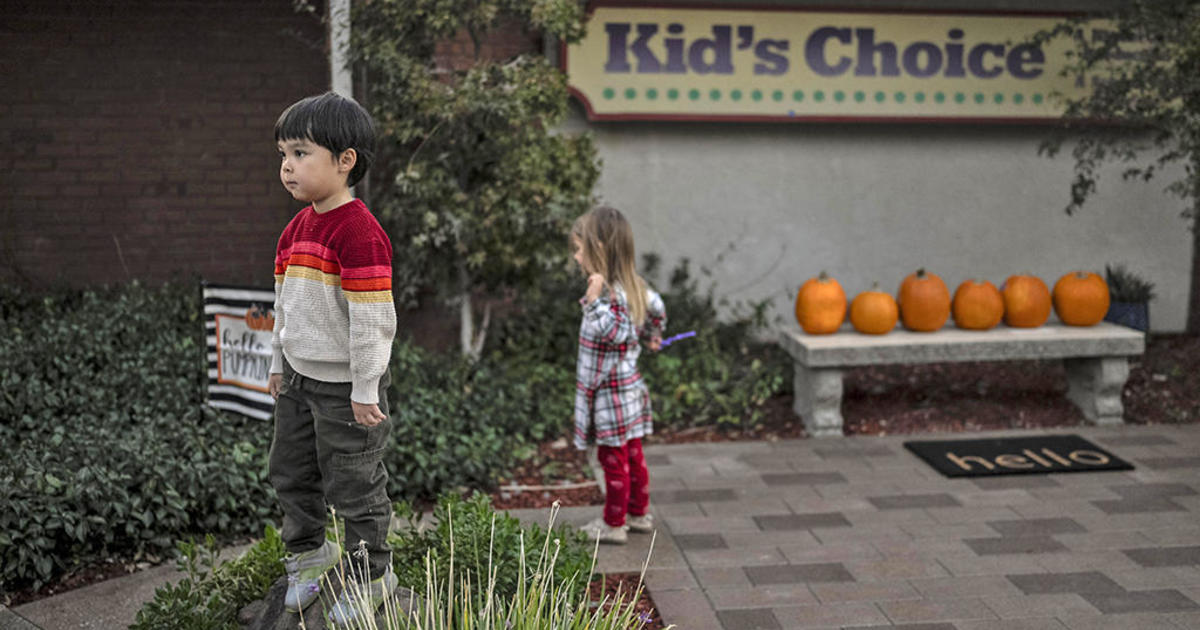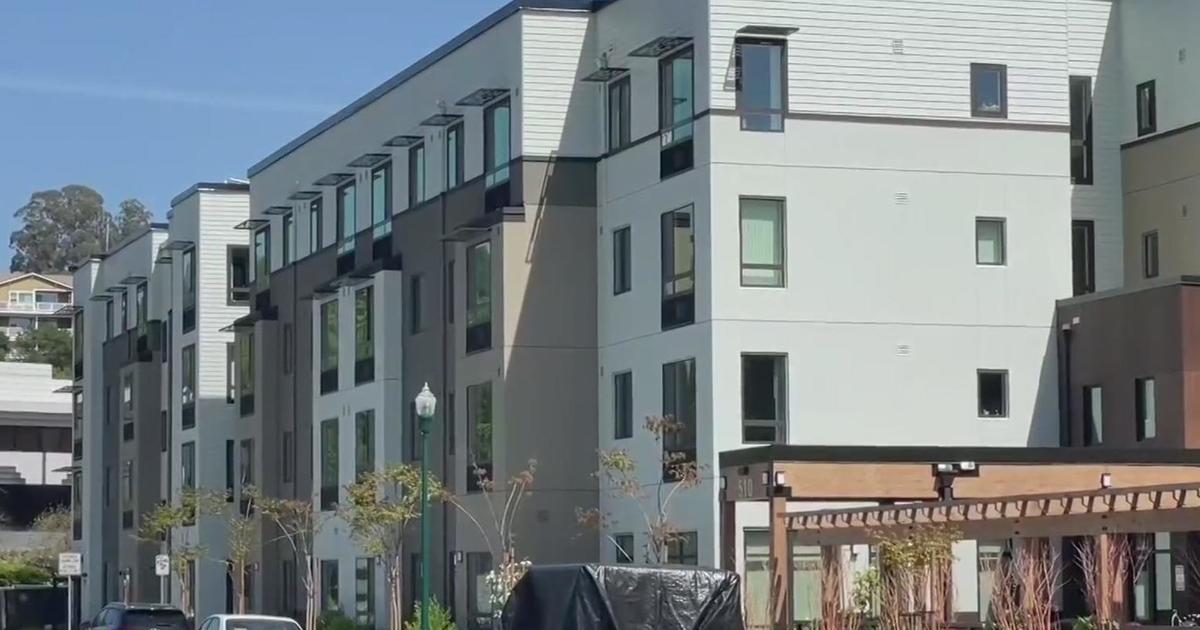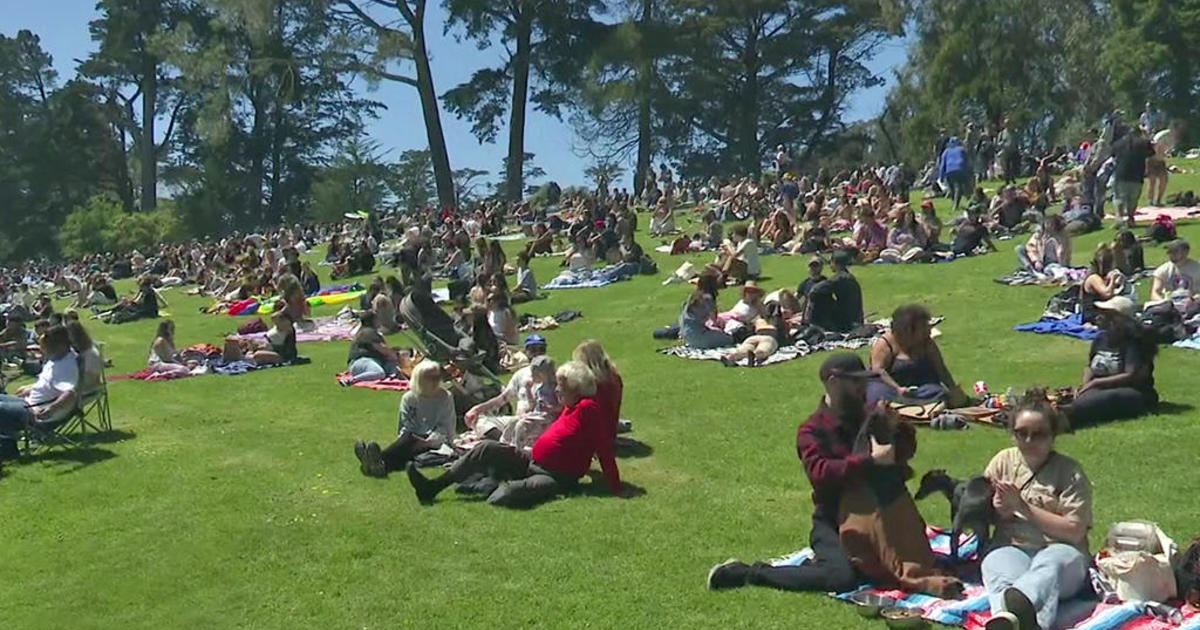Calif. Immigrant Advocates Say Licenses Not Enough, Blast Brown Vetoes
SACRAMENTO (CBS / AP) -- Gov. Jerry Brown may have approved a bill allowing some illegal immigrants to get driver's licenses, but it wasn't good enough for some immigrant advocates.
Instead of cheering the bill, they said Monday it was an easy choice for Brown and blasted his vetoes of other measures that would have expanded the rights of nannies and housecleaners and protected some illegal immigrants from deportation.
Immigrant advocates said Brown's signing of the bill to offer driver's licenses to young immigrants who qualify for two-year federal work permits doesn't have the far-reaching impact that backing the other measures could have had. They said signing those bills could have further distinguished California as immigrant-friendly compared to states such as Arizona and Alabama, which have been cracking down on illegal immigration.
Related Coverage:
Gov. Allows Driver Licenses For Some Illegal Immigrants
"It is disappointing that Jerry Brown doesn't want to be the anti-Jan Brewer," said Aarti Kohli, senior fellow at the Warren Institute on Law and Social Policy at University of California, Berkeley School of Law. "The advocates feel very betrayed. They feel like the immigrant and particularly the Latino community have been behind the governor ... and that he hasn't really shown a deep understanding of these really serious issues."
Brown vetoed the so-called TRUST Act, which would have barred local law enforcement officers from detaining suspects for possible deportation unless they were charged with serious or violent crimes, and another bill to provide overtime pay, meal breaks and other labor protections to domestic workers.
Immigrant advocates questioned what drove the Democratic governor to take the positions. Some speculated that pressure from the federal government to protect its flagship immigration enforcement program, known as Secure Communities, and opposition by some California law enforcement officials—including Los Angeles County Sheriff Lee Baca—may have played a role.
Advocates had hoped that Brown—who supported Cesar Chavez and a number of farmworker issues during his first stint as governor— would have backed the TRUST Act, which aimed to curtail Secure Communities. The program, which checks the immigration status of arrestees, is touted by Immigration and Customs Enforcement as a vital crime-fighting tool but reviled by immigrant advocates who say it erodes immigrants' trust in police.
Some immigrant advocates said the signing of the driver's license bill was a bittersweet victory that could help thousands of young people move around the state once they obtain work permits from the federal government but won't help their families get relief from the threat of deportation.
Juan Santiago, 24, said he was pleased he would be able to get from his home in Madera to his college classes 30 miles away once his work permit application is approved. But he said the measure does little for his mother, who brought him across the Arizona desert into the U.S. when he was 11.
"It was a happy and a sad day for us," Santiago said. "The fact that the governor vetoed the TRUST Act, it means there's nothing to protect the rest of my family members."
Angela Chan, senior staff attorney at the Asian Law Caucus, said the governor failed to step up and show bold leadership on immigration with his veto.
But she said she saw a silver lining in Brown's veto message, in which he offered to work with lawmakers to fix the bill's wording to include crimes such as child abuse, drug trafficking and weapons violations.
Assemblyman Tom Ammiano, the bill's sponsor, said he already had received a call from California sheriffs and they agreed to discuss the measure, which he took as a good sign. He said he'd like to reintroduce the bill as early as January.
Brown also took a mixed approach on other immigration-related bills. He signed a measure that aims to keep families together when a parent faces deportation and vetoed a bill to strengthen regulations requiring growers to protect farmworkers from extreme heat.
Louis DeSipio, a political science professor at University of California, Irvine, said making these decisions on deadline is a sign the bills were among the tougher issues Brown faced in a state where immigration has, at times, played a critical role in politicians' fate. He cited former Gov. Gray Davis, who saw a recall effort spurred after he supported driver's licenses for illegal immigrants.
"He hasn't been a strong immigrant advocate," DeSipio said of Brown, but added that perception could change if he works with advocates on revamping the TRUST Act. If not, he questioned how Brown might fare among Latinos in a future election.
"Would he have that same level of Latino support should he run for re-election?" DeSipio said. "I don't think so."
(Copyright 2012 by CBS San Francisco. All Rights Reserved. This material may not be published, broadcast, rewritten, or redistributed.)



